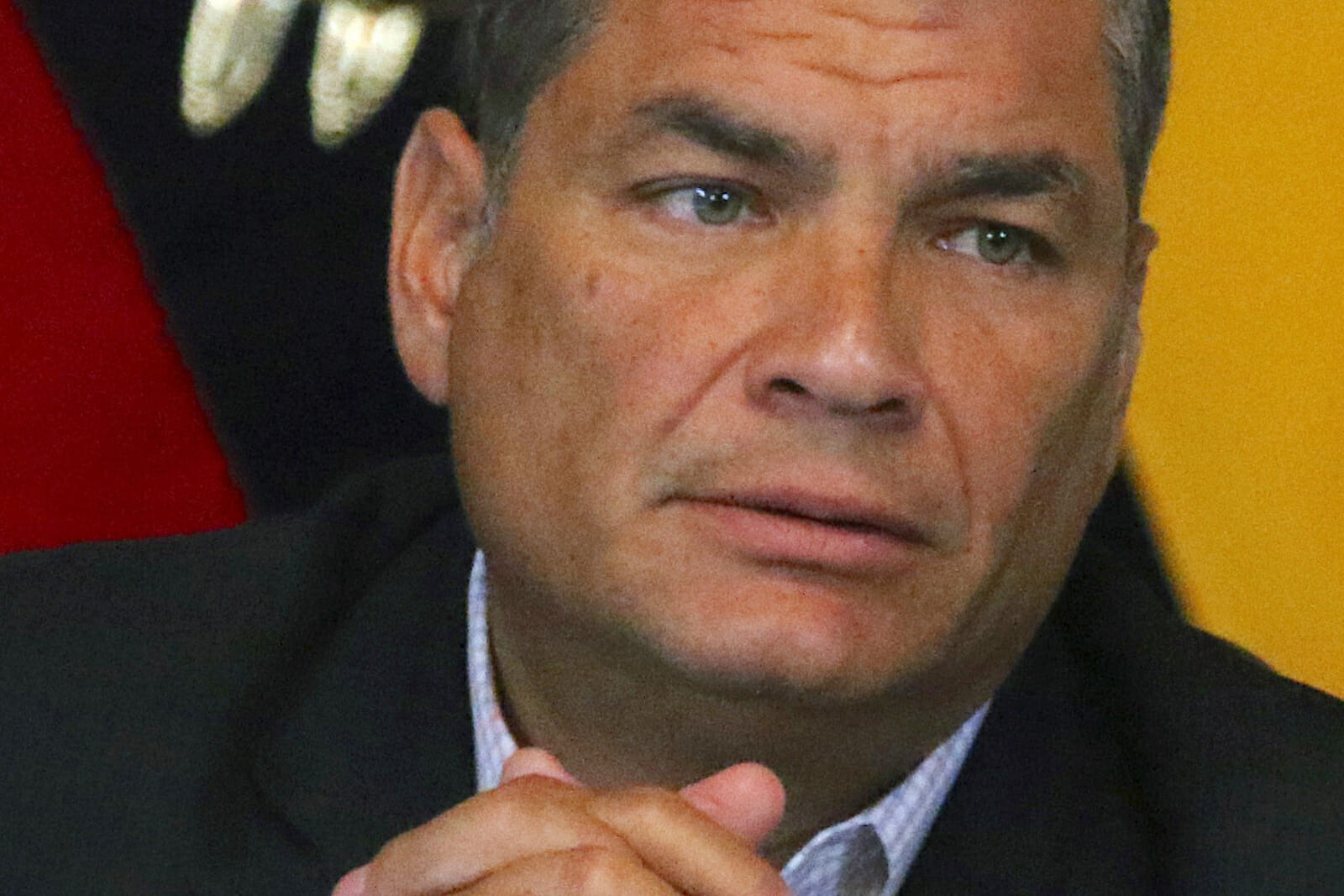
Is the EU Helping Fund U.S. Policy in Latin America?
First the news that the National Security Agency (NSA) spied on world leaders now it is revealed that the NSA has broadened its reach. The most recent revelations by Edward Snowden of extensive US spying on staff members of prominent human rights organizations like Amnesty International have sparked further outrage towards the NSA and its violation of EU privacy laws. The news comes amongst a wide range of announcements made by Snowden concerning the inner workings of the US surveillance agency that has generated a widespread debate about EU data protection, civil liberties, and human rights.
Just weeks prior to this bombshell, the Organization of American States (OAS) proudly announced that the EU would be contributing another 1 million euros to strengthen the work of the Inter-American Commission on Human Rights (IACHR) and its judicial counterpart, the Inter-American Court of Human Rights. Over the past years, the IACHR has been the victim of countless condemnations sparked by its unsatisfied members, who feel the organization fails to serve its members’ interests, favoring instead a US-led agenda. This slightly ironic twist leaves us to wonder as to why should the EU be giving so much money to an organization that has a controversial record in upholding human rights, and that has proven quite adamant in promoting US interests in the region?
The OAS is a regional organization created in 1948 and tasked with promoting and protecting democracy, development, human rights and security among its 35 member states of the Americas. It is considered a valuable intergovernmental organization and a forum for debating political, judicial and social issues in the region.
One of its pillars, the IACHR, is considered an equally vital institution and, according to Ecuador’s ambassador to the US, “has played a crucial role helping to nurture and safeguard democracy in the Western Hemisphere.” The EU has been a permanent observer to the OAS since 1998 and during that time has contributed close to $17 million to prop up its various programs, although the majority of these funds flow disproportionately toward the IACHR’s special rapporteur for freedom of speech.
While the OAS itself is praised for its widespread achievements in the region, the IACHR has failed to attract the same reputation in recent years, finding itself subject to many attacks by its disgruntled member states.
In 2012, the governments of Venezuela, Ecuador, and Nicaragua protested the neocolonial tone of the IACHR and labeled it a tool of the US in achieving its regional goals. According to Ecuadorian President Rafael Correa, the IACHR has become an institution mired with “double morals and inconsistencies.” In 2013, after failed attempts to invoke reform in the system, Venezuela officially withdrew from the Pact of San Jose, meaning it is no longer bound by the precautionary measures of the IACHR.
So why all this flare-up over an institution that claims to play a vital role in safeguarding human rights? The frustration of some Latin American countries can easily be deciphered when placing several aspects of the IACHR under a microscope.
For starters, the Commission HQ is located in Washington D.C., giving the US a dominant role in Latin American policymaking despite the fact that the US itself is not a signatory of the San Jose Pact. Secondly, the US is hardly the best example to go by with regards to human rights, with a murky record that includes Guantanamo Bay and the death penalty in 32 of its 50 states. One of the gravest inconsistencies named by critics of the IACHR is its biased funding scheme. The Special Rapporteur for Freedom of Expression receives five times the funding of the other 7 rapporteurs, creating a system that undermines the importance of the other areas focused on rights of children, women, and immigrants, just to name a few.
In 2013, as a sign of protest to the status quo, Ecuador and a handful of other states proposed reforms, including relocating the Commission to one of signatories of the San Jose Pact, spreading the budget equally amongst all 8 priority areas, and requiring all OAS member countries to sign the San Jose Pact, ensuring that everyone is on a level playing field.
The proposals, although hardly unreasonable, were rejected by the OAS in March 2013, and scrutinized as harming the autonomy of the IACHR and undermining the system. While advocating for necessary reforms, Ecuador, Bolivia, Venezuela, and Colombia have themselves insisted on the great strides that the Commission has already achieved in the promotion of human rights, indicating that a weakening or dissolution of the institution is in nobody’s interest. While the question of reform is still up for debate in the upcoming summit, it is hardly evident why the proposed reforms of these countries were so quickly dismissed.
The EU, usually quick to jump to its feet in the name of human rights, has remained silent in this debate. Besides throwing money at the IACHR, it is unclear to what extent it has tried to truly promote human rights in Latin America and put an end to US neocolonialism in the region. This inaction illustrates a slight hypocrisy. While strongly condemning US intrusion on civil liberties and human rights on its own turf, the EU has failed to launch a similar debate on the merits of a more well-rounded approach to human rights in the Americas.
With recent disclosures of the US snooping on human rights organizations, not to mention listening in on the calls of European leaders themselves, it is clear that the EU needs to be more assertive on the world stage. The upcoming OAS Summit in June 2014 is the perfect opportunity. It remains to be seen whether the EU can demonstrate itself as the true beacon of human rights globally, or remain subservient to US policymaking in the Hemisphere.

